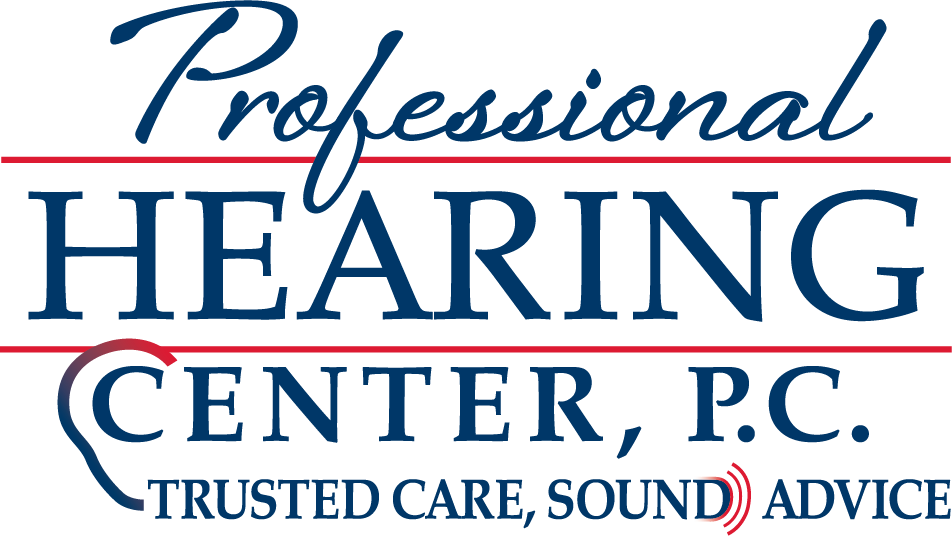
Taking care of your hearing aids probably seems simple enough. When you first obtained your hearing aids, you probably got a set of care instructions, after all. With regard to routine hearing aid maintenance, the majority of hearing specialists will give you a step-by-step instruction tutorial. But it’s quite likely that you might forget some of that information that you got all at once. So you might still have questions like, how frequently should I clean my hearing aid? Or, how frequently should I get my hearing aid serviced? How can I make my hearing aids last as long as I can?
If you want to keep your hearing aids in tip-top working order, check out the following tips.
Tip #1: Try not to allow your hearing aids to get wet
Moisture and electronics don’t really jive. Hearing aids are somewhat water resistant but aren’t at all waterproof, so they should be kept as free from moisture as possible. Beyond the obvious, this means you should do things like the following:
- Find a cool and dry place to keep your hearing aids when you aren’t wearing them. Many people question what the best way to store hearing aids is. Well, don’t, for instance, keep them in your bathroom (which gets really steamy at least once every day). It also helps to keep them in the same spot every day so you aren’t trying to figure out where they went. In the same way, don’t leave your hearing aids just lying around, dogs love to eat them and cats like to play with them!
- Don’t use hair products while your hearing aids are in. When you’re going to use hair spray or gel, remove your hearing aids. These types of products can really gunk up your devices.
- Keep a dehumidifier going during those more humid months. When it’s extremely humid, your hearing aids can have more moisture than you would want even inside. And the fragile electronics inside of your device will be damaged. If you want to get the most longevity out of your hearing aid as you can, get that dehumidifier going!
Tip #2: Check (and clean) those earwax filters
The human body naturally generates earwax in a healthy way. It’s also something that hearing aid manufacturers recognize is going to happen. Most modern hearing aids include features that are designed to cope with a moderate earwax production.
Your task is to be certain your hearing aids don’t become overloaded with ear wax. This means checking and replacing the wax guards when needed (and making that an element of your hearing aid cleaning schedule). Depending on which model hearing aid you have, you can invest in specialized little tools for this and we can assist you with that.
How frequently should wax guards be replaced? You will swap these wax guards around once every month on most models.
Tip #3: care for the batteries
Your batteries keep your hearing aids going. Your hearing aid will last much longer if you keep your batteries fresh. So there are several battery-care steps you can take:
- Remember to shut off your hearing aids when you aren’t wearing them. This just drains the battery for, well, no good reason. And that means your hearing aids could quit working when you really need them.
- Get a battery charger or a rechargeable hearing aid: This will save you lots of money on wasted batteries.
- Make sure all of the battery contacts and components are dry. You can wipe them down with a clean cloth if they aren’t. This is yet another part of your device where moisture is the enemy.
Tip #4: Only use clean hands to handle your hearing aids
The majority of the time, your hearing aids should be in your ears. But they don’t get there on their own. Your hands (which are required in order to handle your hearing aids) could be covered in all kinds of offending substances. Your hearing aids are delicate devices by design, so crumbs aren’t really very good for them.
It’s important that you don’t touch your hearing aids with dirty hands. So before you put in or take out your hearing aids, give your hands a quick cleanse.
Tip #5 Stay in touch with your hearing specialist
You might assume that you won’t require any help from us once you’ve purchased your hearing aids. But… this isn’t usually true. Most people who have hearing loss will want to set up routine appointments with us for the following reasons:
- To help you calibrate your fit.
- To keep track of and monitor the progression of your hearing loss.
- Cleaning and maintenance.
When something breaks, what should you do?
Sometimes, in spite of your best efforts, something goes wrong with your hearing aids (maybe you accidentally step on them). You should get in touch with us as soon as possible in situations such as this.
If your hearing aid needs any repairs, or you need a new one, we can help with that.
Want to speak with us about your next set of hearing aids? Set up an appointment today!
